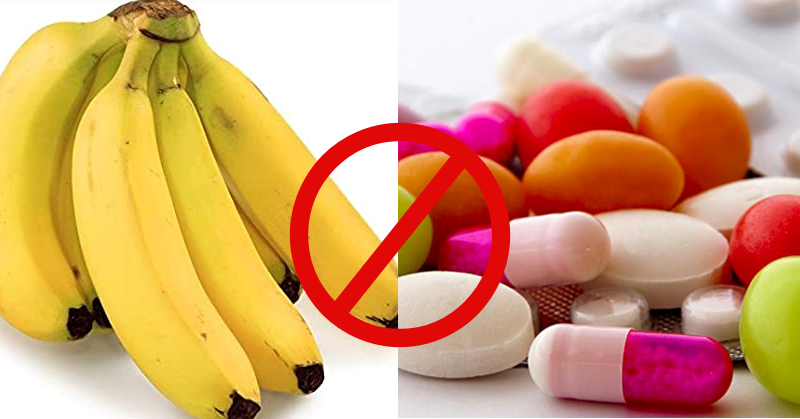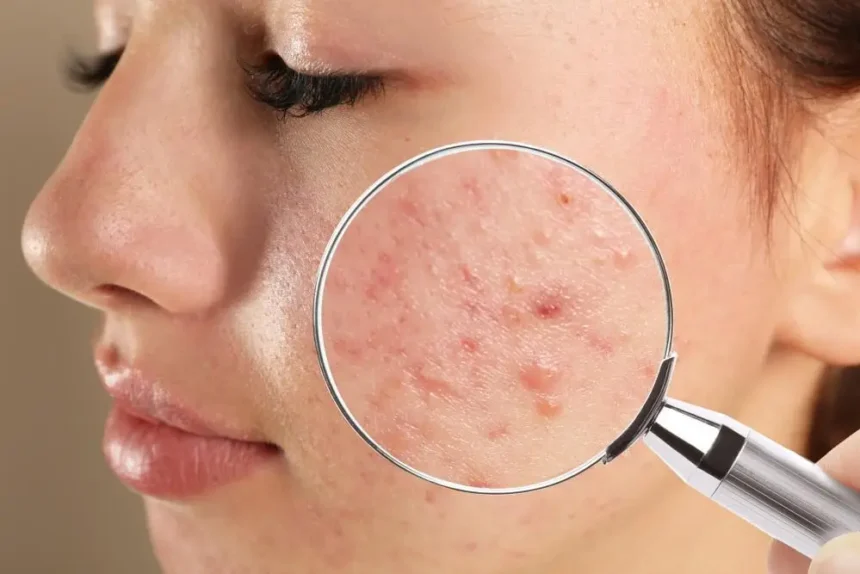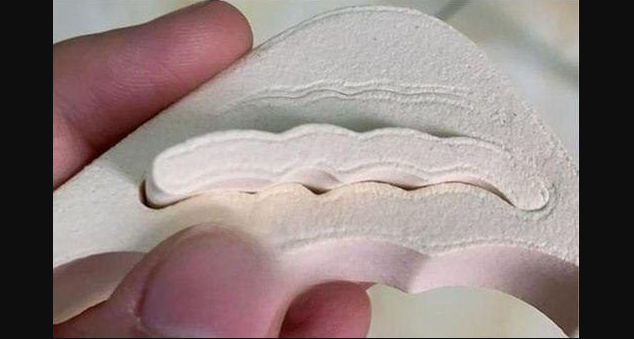Have you ever wondered why certain medications lose their effectiveness after a few days of use? Often, people in this situation might think the drug is fake, expired, or incorrectly prescribed. Some might even blame supernatural forces for their predicament. However, the real reason might be that certain foods and medicines should not be taken together.
Yes, some foods can interfere with your medications, reducing their effectiveness or even causing harmful side effects. We’ve identified six common food and medicine interactions to be aware of. Many people are unaware of these interactions, so sharing this information could save a life.
- Bananas and Anti-hypertensive Drugs
Bananas are high in potassium, and anti-hypertensive drugs also increase potassium levels in the blood. Combining them can lead to excessive potassium, which may cause irregular heartbeats, palpitations, and conditions like arrhythmia. Protect your heart by avoiding this combination.
- Vitamin C and Anti-malaria Drugs
The liver, which is rich in iron, metabolizes all drugs. Iron is crucial for the malaria parasite’s life cycle. Vitamin C enhances iron absorption, leading to increased iron in the liver. This abundance of iron supports the growth of malaria parasites, counteracting the effectiveness of anti-malaria medications. Avoid citrus fruits or supplements while treating malaria.
- Painkillers and Soft Drinks
Soft drinks contain carbonated water, which is essentially carbon dioxide dissolved in water under pressure. When combined with painkillers, the carbon dioxide and acids in soft drinks can increase the drug concentration in your blood, potentially leading to toxicity and severe consequences.
- Dairy Products and Antibiotics
Antibiotics like tetracycline and penicillin are used to treat bacterial infections. Dairy products, which are high in calcium, can hinder the absorption of these antibiotics, reducing their effectiveness. Avoid dairy when taking antibiotics to ensure the drugs work properly.
- Grapefruit and Statins
Statins, used to lower cholesterol levels, can have side effects. Grapefruit contains compounds that inhibit the breakdown of statins in the intestine, leading to higher drug levels and an increased risk of side effects. Avoid grapefruit when taking statins.
- Leafy Vegetables and Anticoagulants (Blood Thinners)
Anticoagulants prevent blood clots from growing and are used to prevent strokes and treat heart disease. Leafy vegetables are rich in vitamin K, which promotes blood clotting, counteracting the effects of blood thinners like aspirin and warfarin. Limit leafy greens when on these medications to ensure their efficacy.
Be mindful of these interactions to ensure your medications work as intended and to avoid dangerous side effects.






